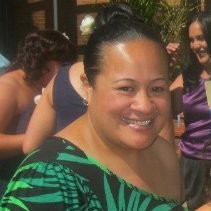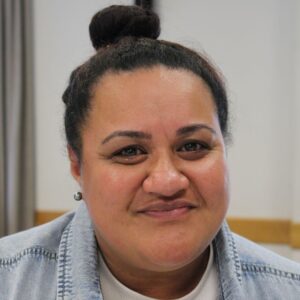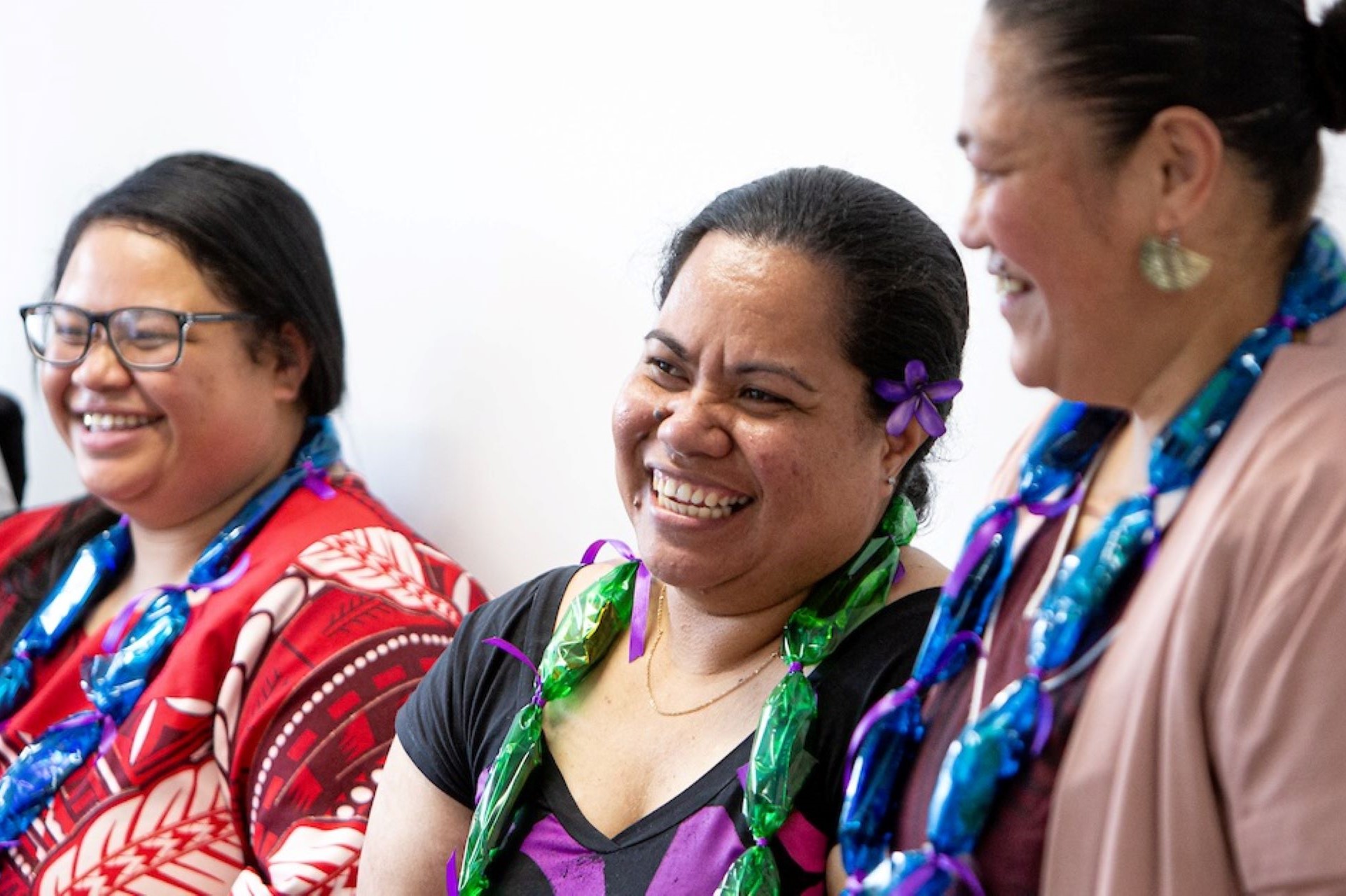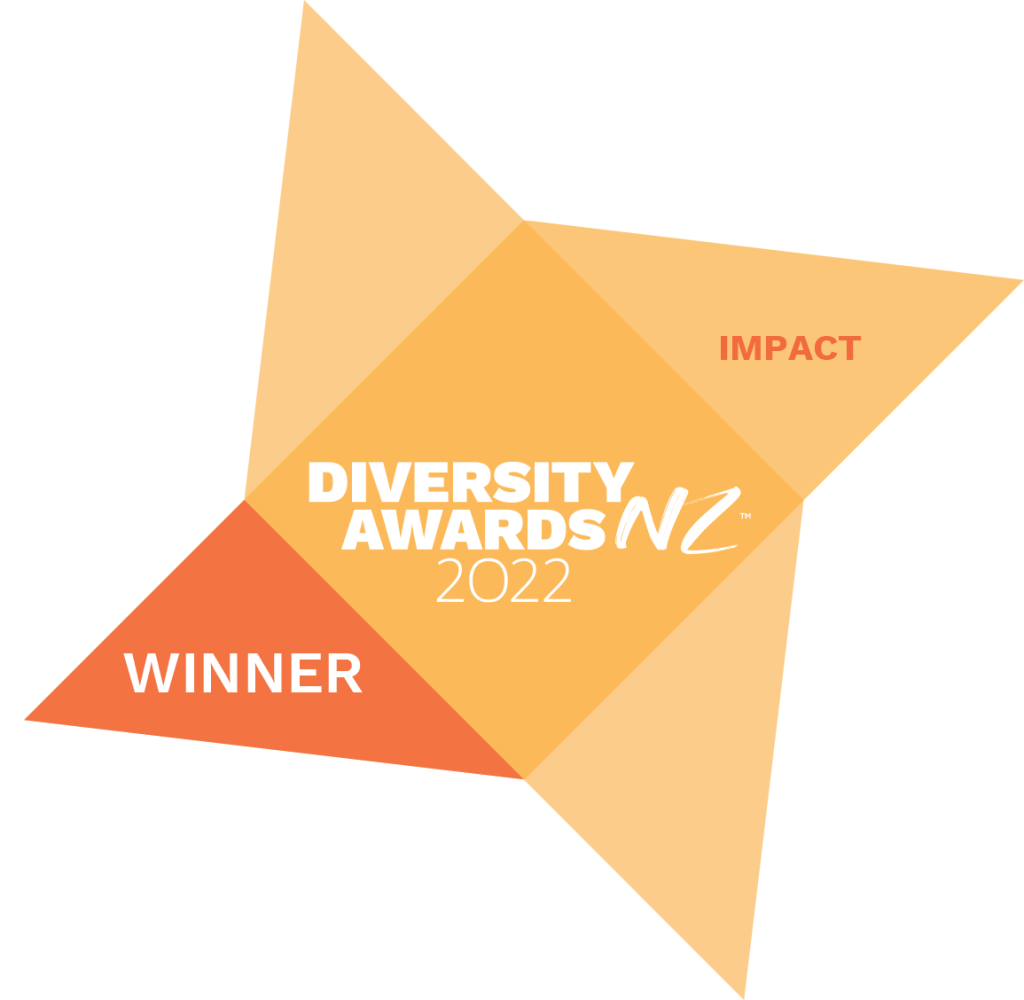How do we grow Pacific leadership?
We sat down recently to ask our Future Ready Project Ikuna team.


What unique values can Pacific employees bring to the leadership table?
Tafā: I think it’s a strong sense of initiative – in a Pacific setting, we often attend church from a young age so we grow up seeing what needs to be done and then just get on and do it.
Julz: I would add a sense of belonging and team – there’s something special about being part of a group and it helps to hold others to account, which creates a real team advantage.
What are some of the challenges for Pasifika staff stepping into leadership roles?
Julz: To be honest, I think sometimes they lack self-confidence which can stop people from putting themselves forward when leadership roles become available at their workplace. There are cultural elements at play here too. For instance, there is a sense of hierarchy and respect for elders. Employees might think it’s better to let something slide rather than create conflict or perceived disrespect.
Tafā: Sometimes I think our Pasifika staff look up to leaders as being infallible. They think leaders don’t make mistakes, to be a leader you must never mess up. Whereas that vulnerability in owning your mistakes and role modelling that it’s okay to make mistakes, you can do that as a leader – it creates respect and learning.
What is the best approach, when we want to value cultural diversity and acknowledge culture?
Julz: I always let them know that respect goes both ways. It’s about creating that context of being proud of your culture and who you are but at the same time not stopping somebody’s personal growth or letting it hold you back. We unpack a lot of discussion around this topic using specific scenarios. In particular, exploring the values of being humble, and humility in a leadership context.
Organisations can frame leadership and career opportunities clearly to Pasifika staff – sometimes individuals benefit from being encouraged or invited to apply to step up.
How can we design authentic leadership experiences that acknowledge culture and diversity?
Tafā: I think this has many elements. It includes not only the experience of participants in a leadership programme, for instance but also the cultural competence of the wider organisation and workplace system within that. Often what we embed in our group sessions is the conversation about transferrable skills that people bring.
Julz: Part of what we talk about is sharing and exploring the ways in which people may be past or present leaders outside of work. Whether that’s in the family, church, sports groups, or schools. One learner was a leader at church and for him to hold and bring those leadership skills into the workplace was a naming and framing of this experience. Foundation upskilling and development can assist where language is a barrier, as it was for this learner. He realised that he didn’t have to let that be a barrier and not be afraid to speak up when he could.
How can organisations build and grow their Pacific talent?
With Future Ready Project Ikuna micro-credentials. Upskill your Pacific workforce!







